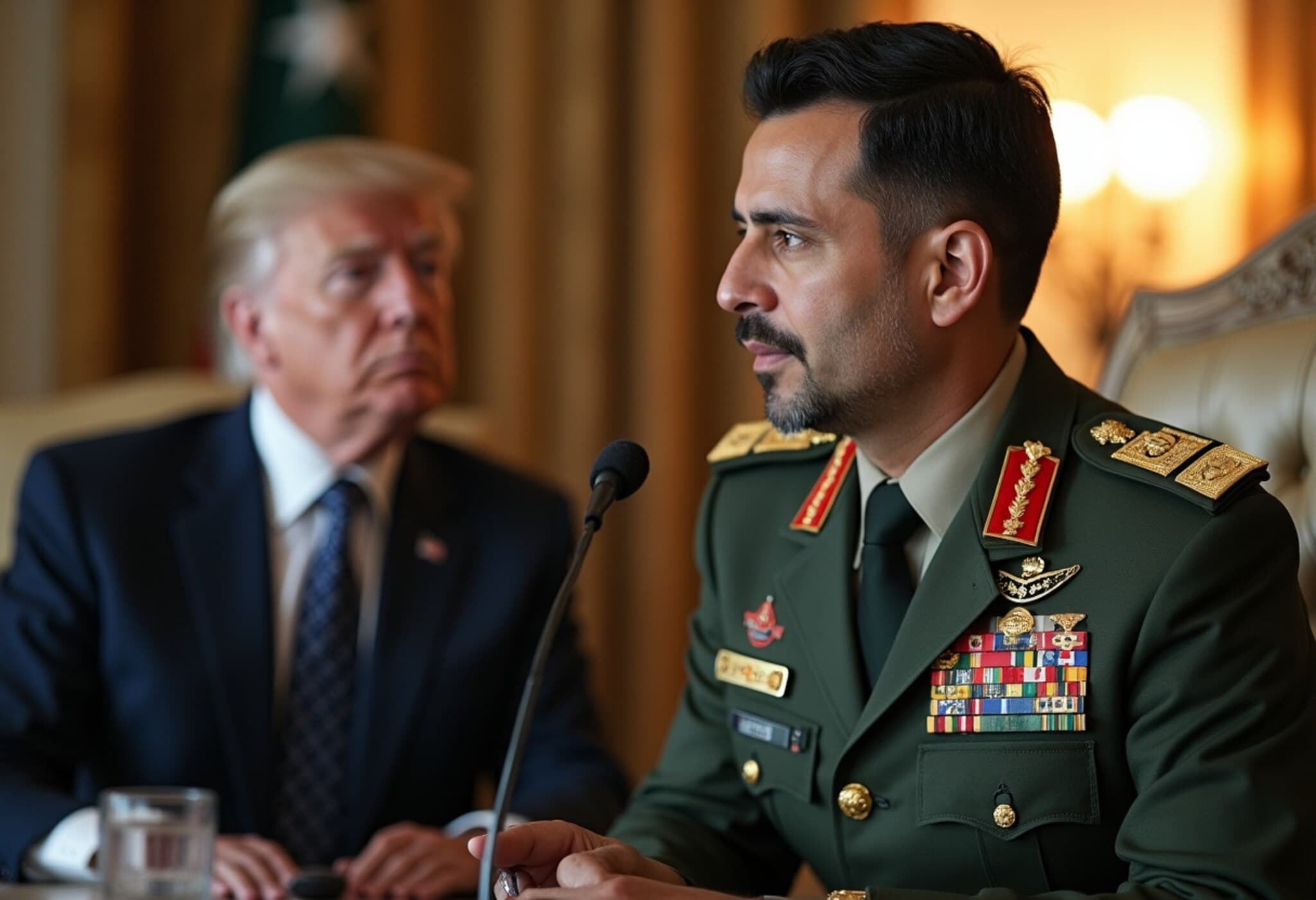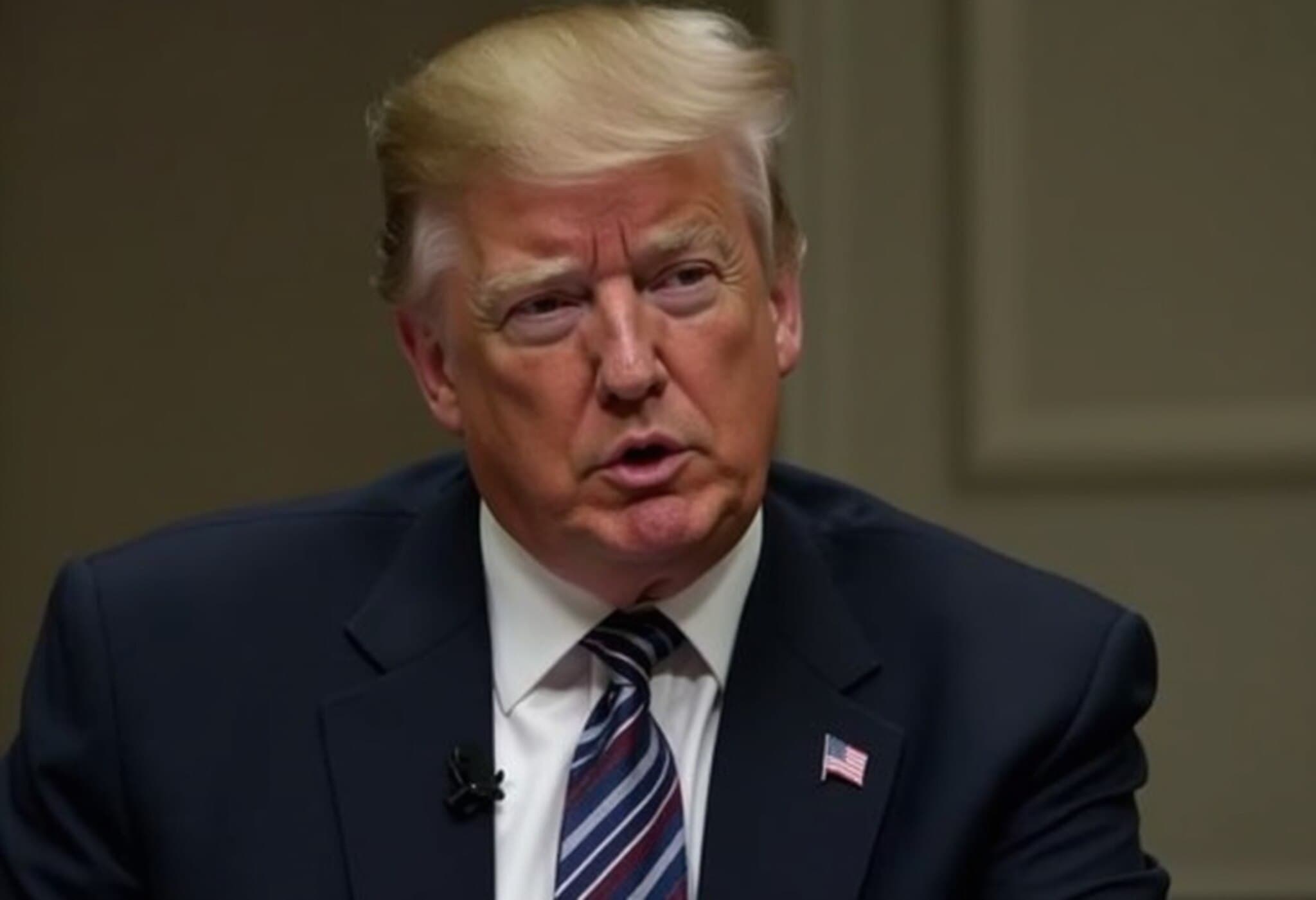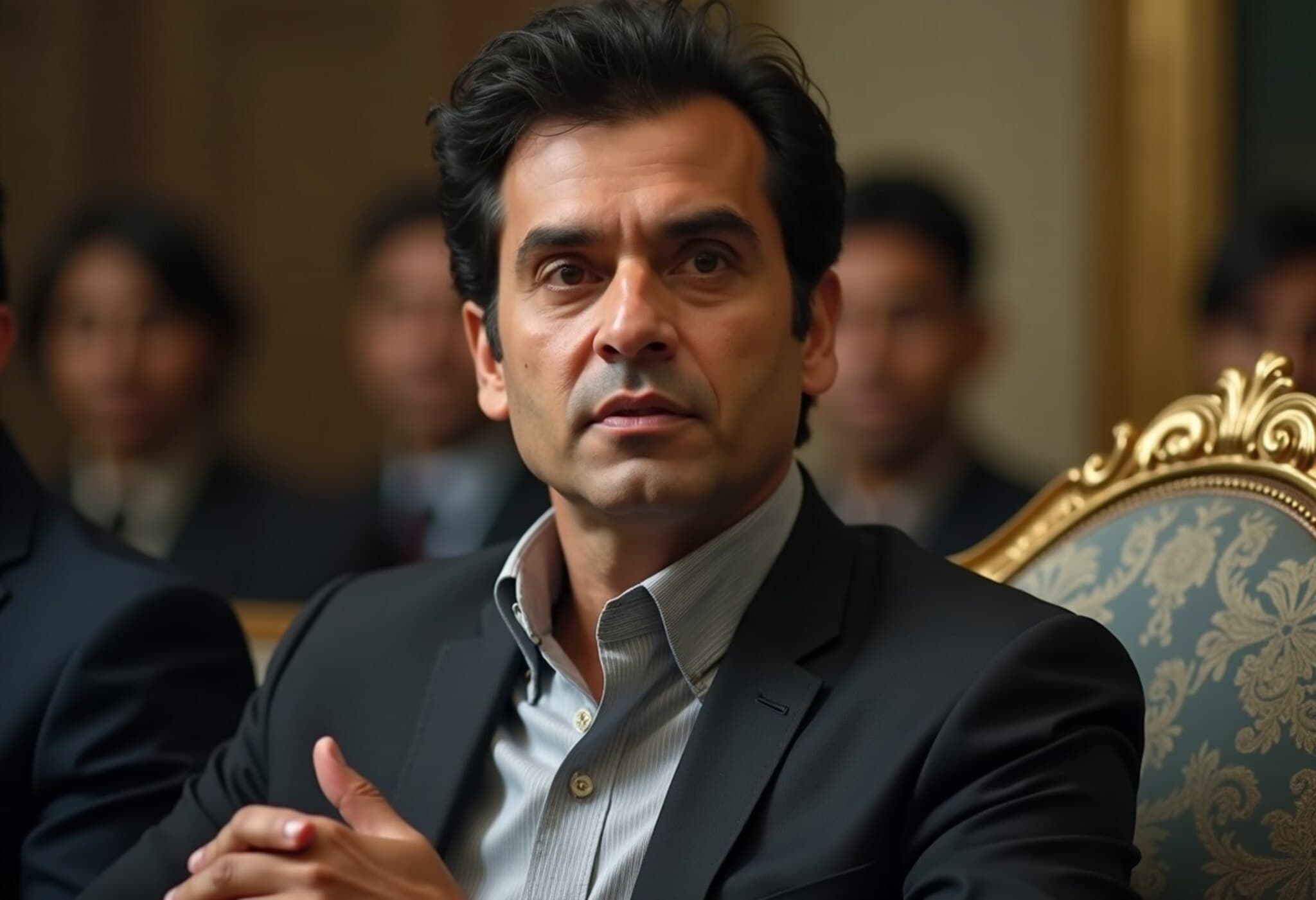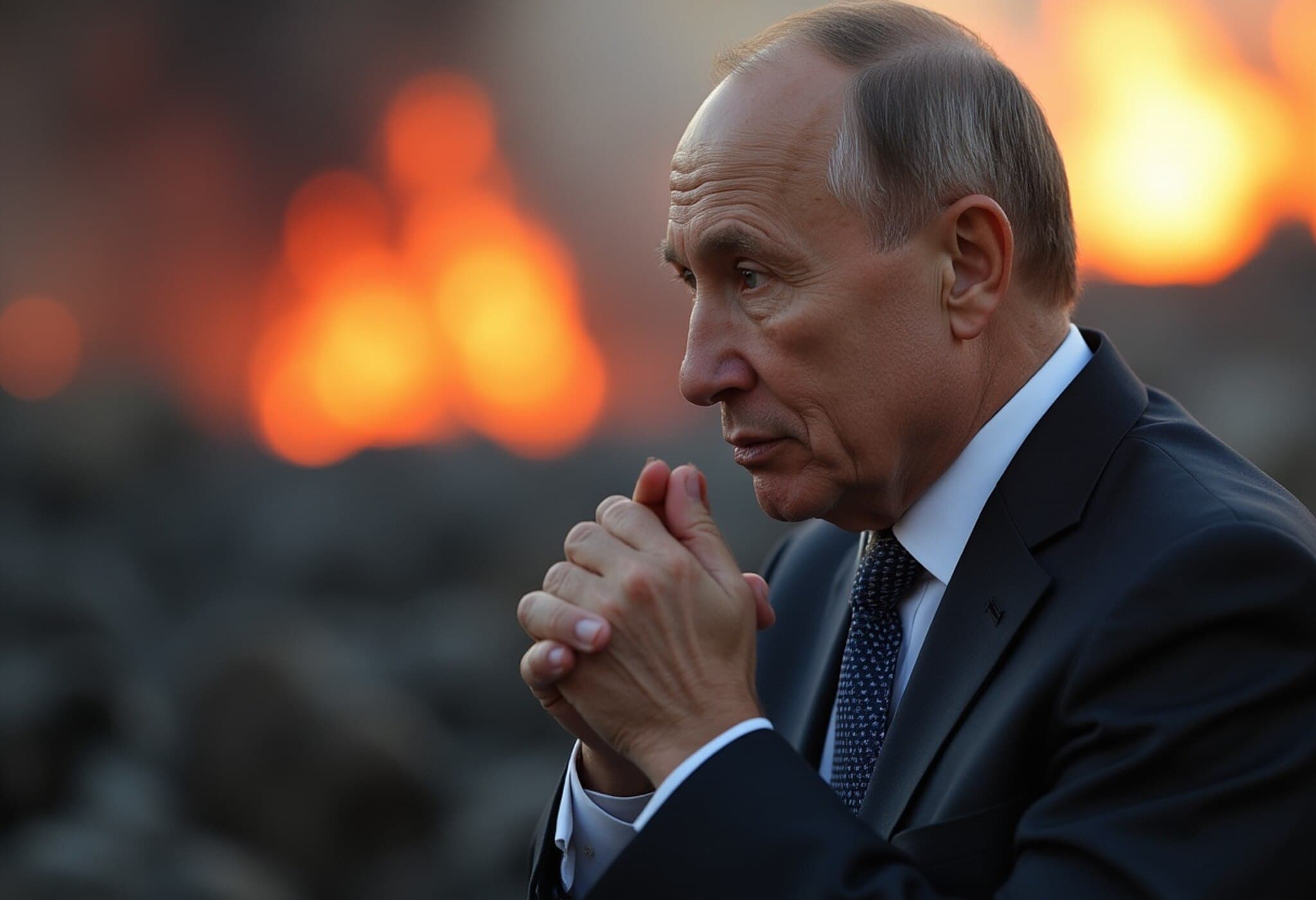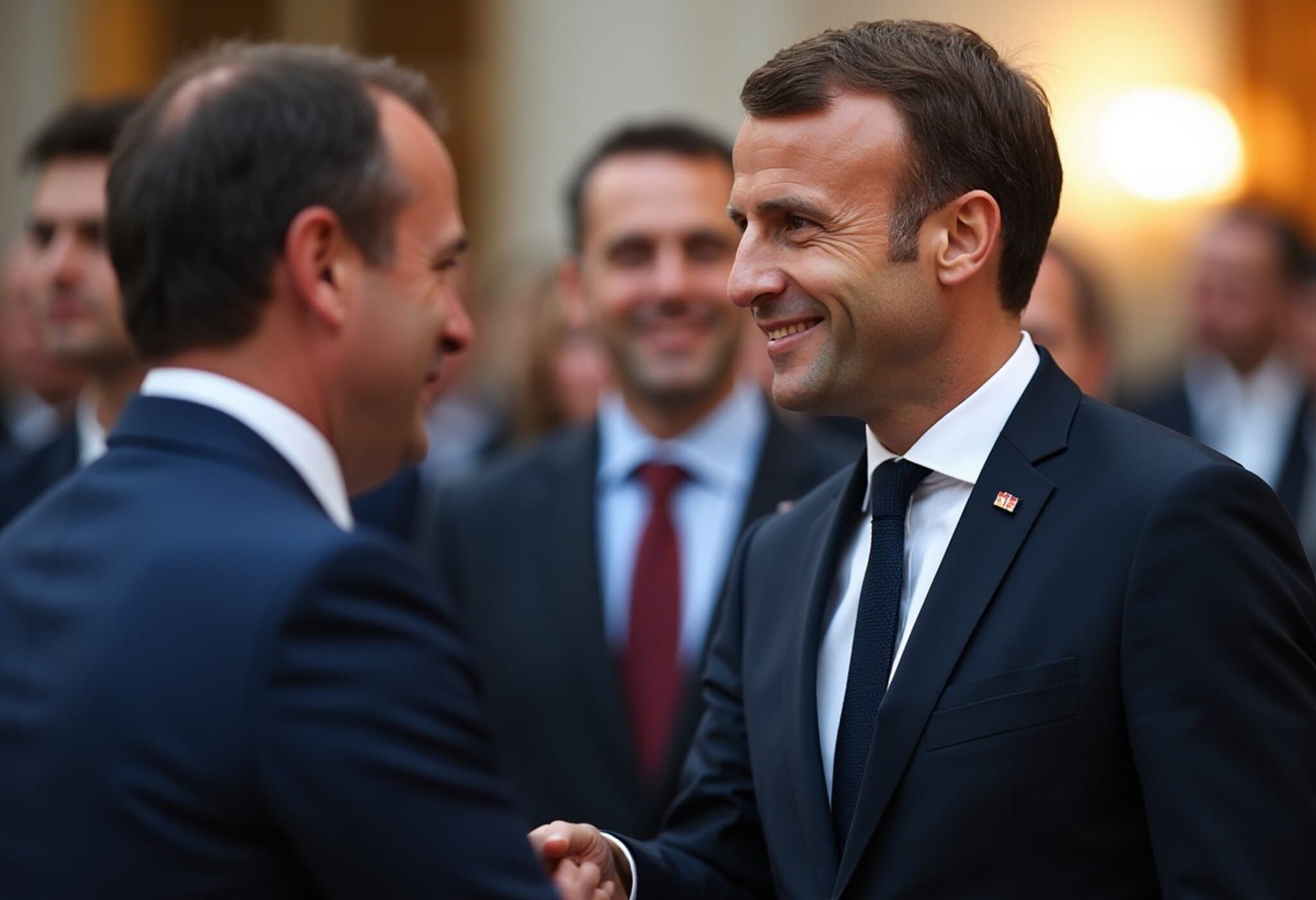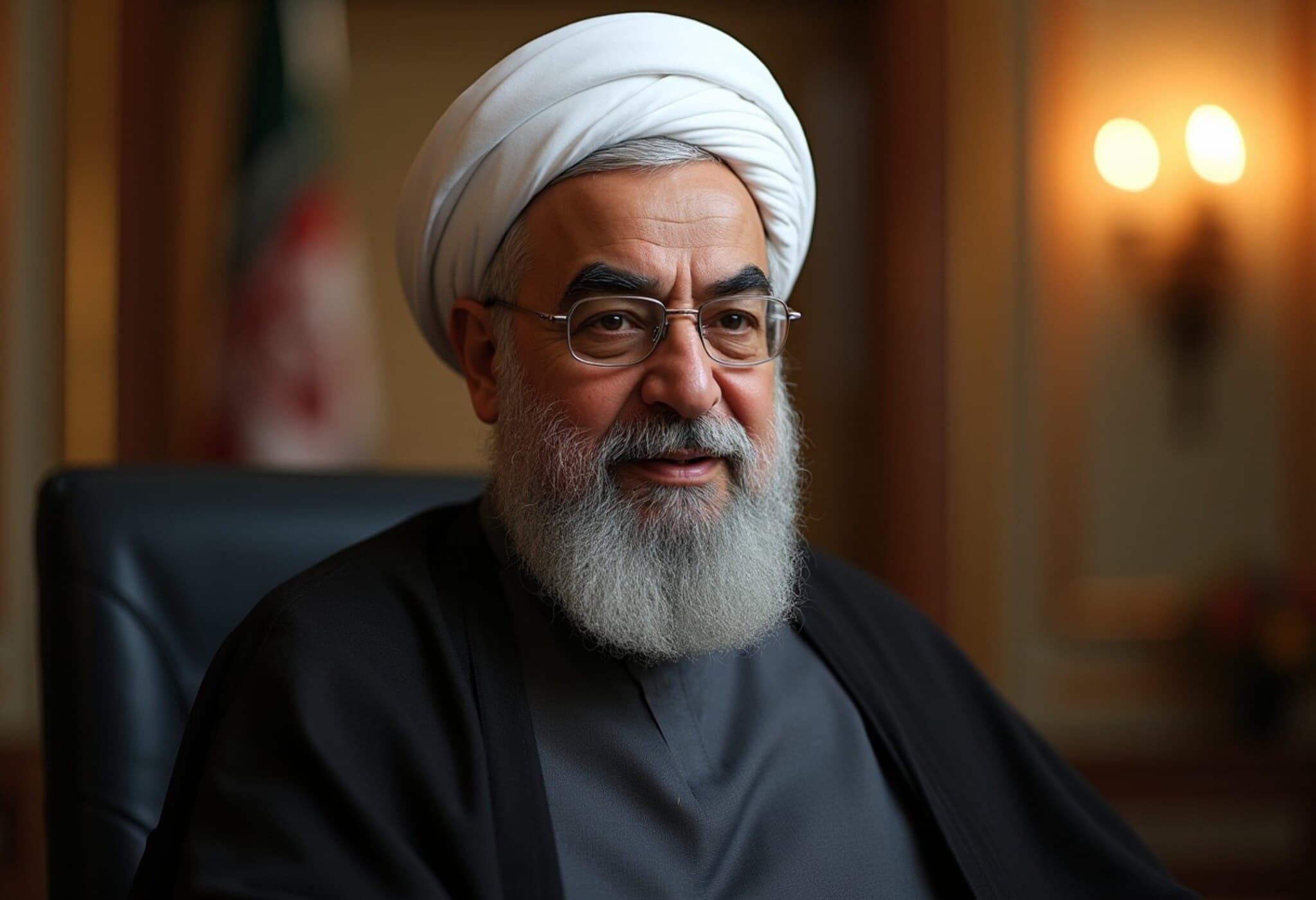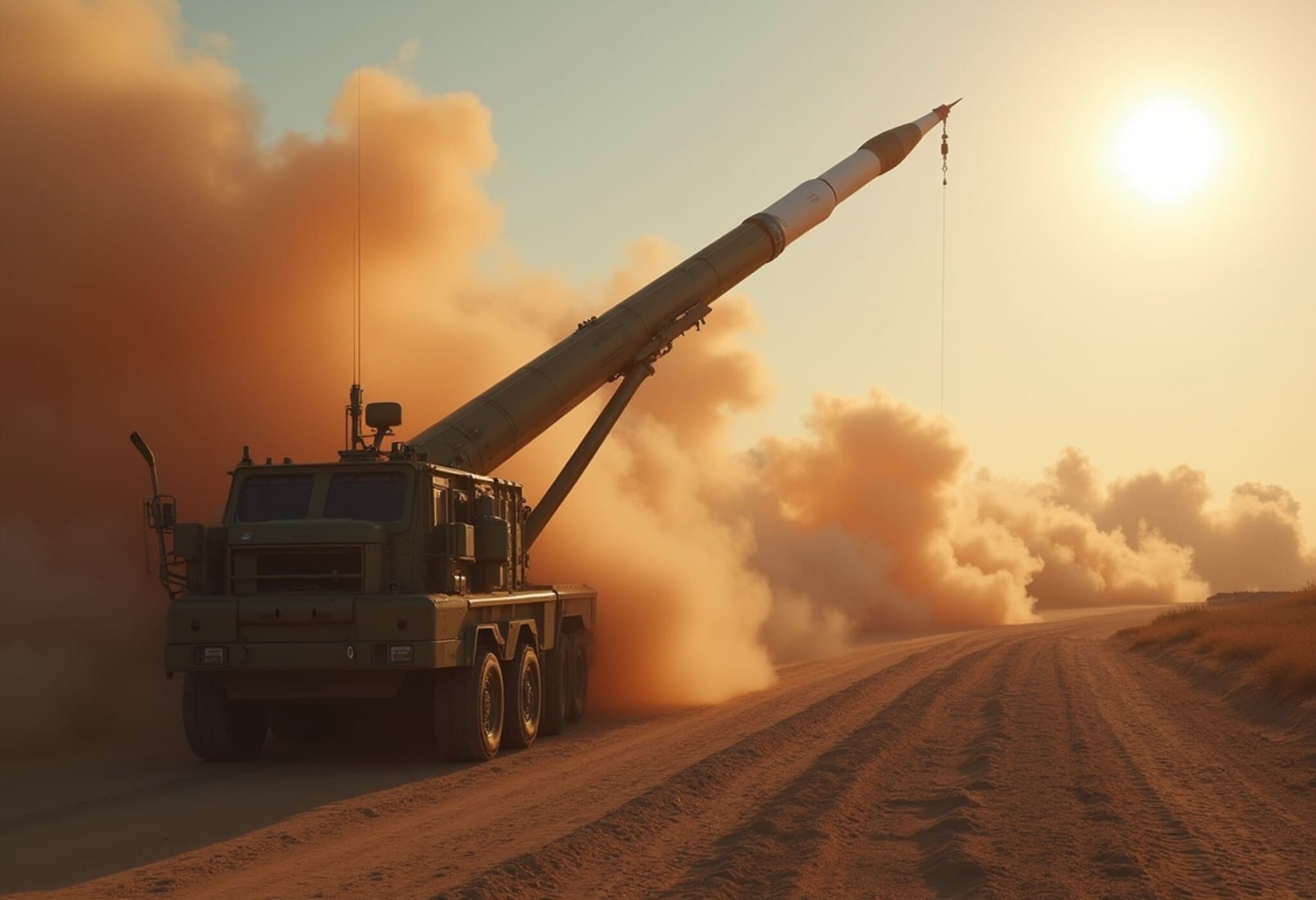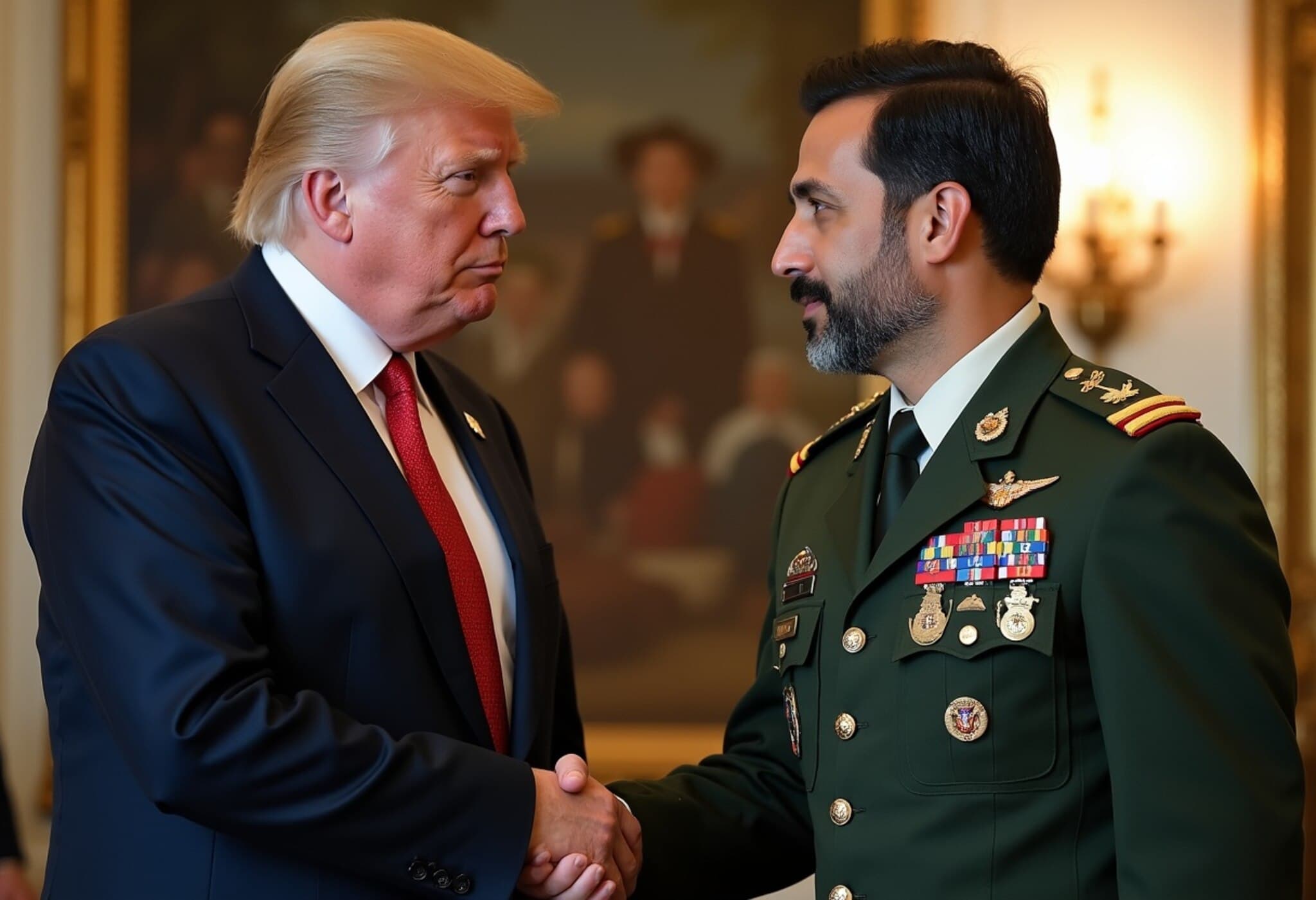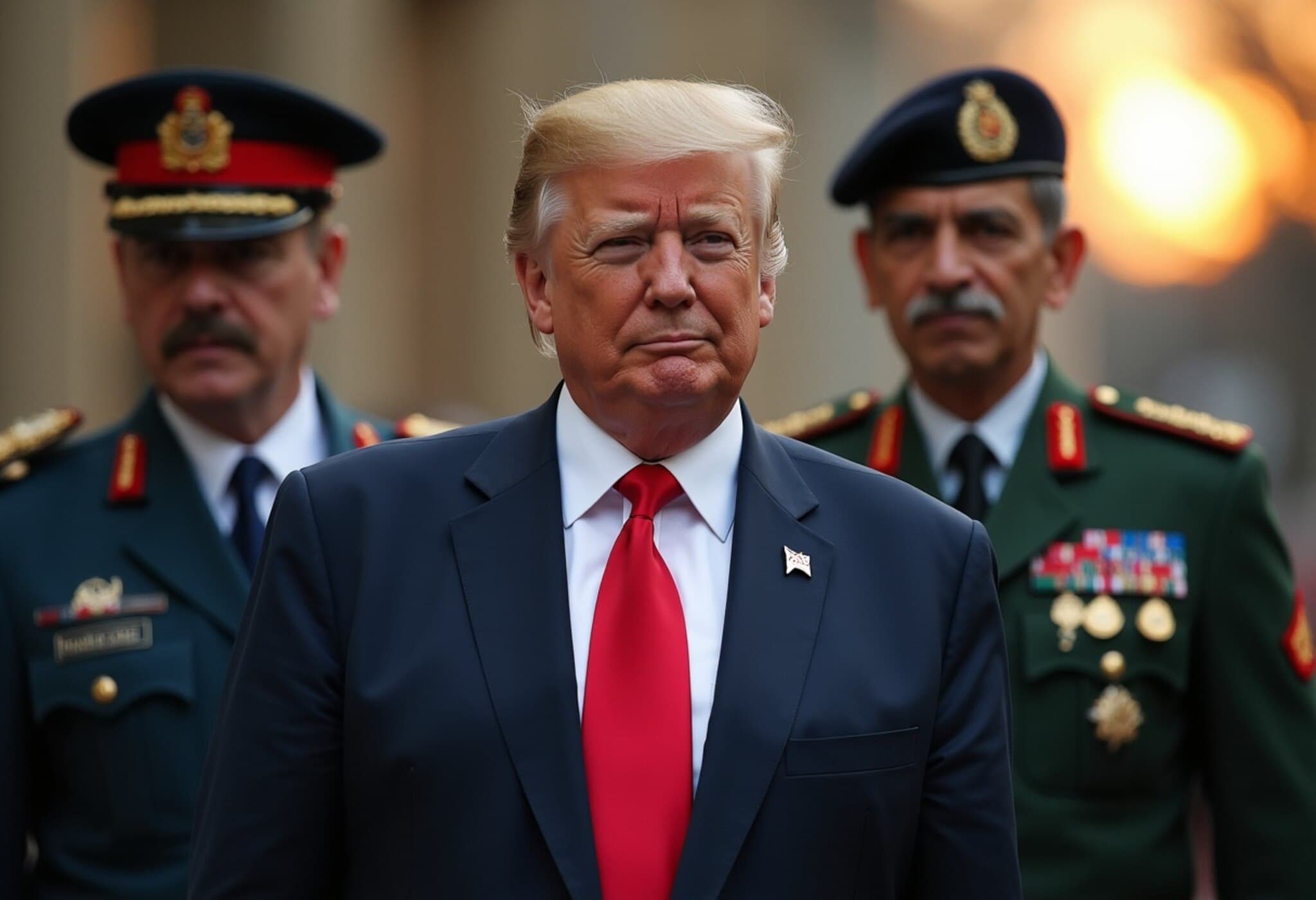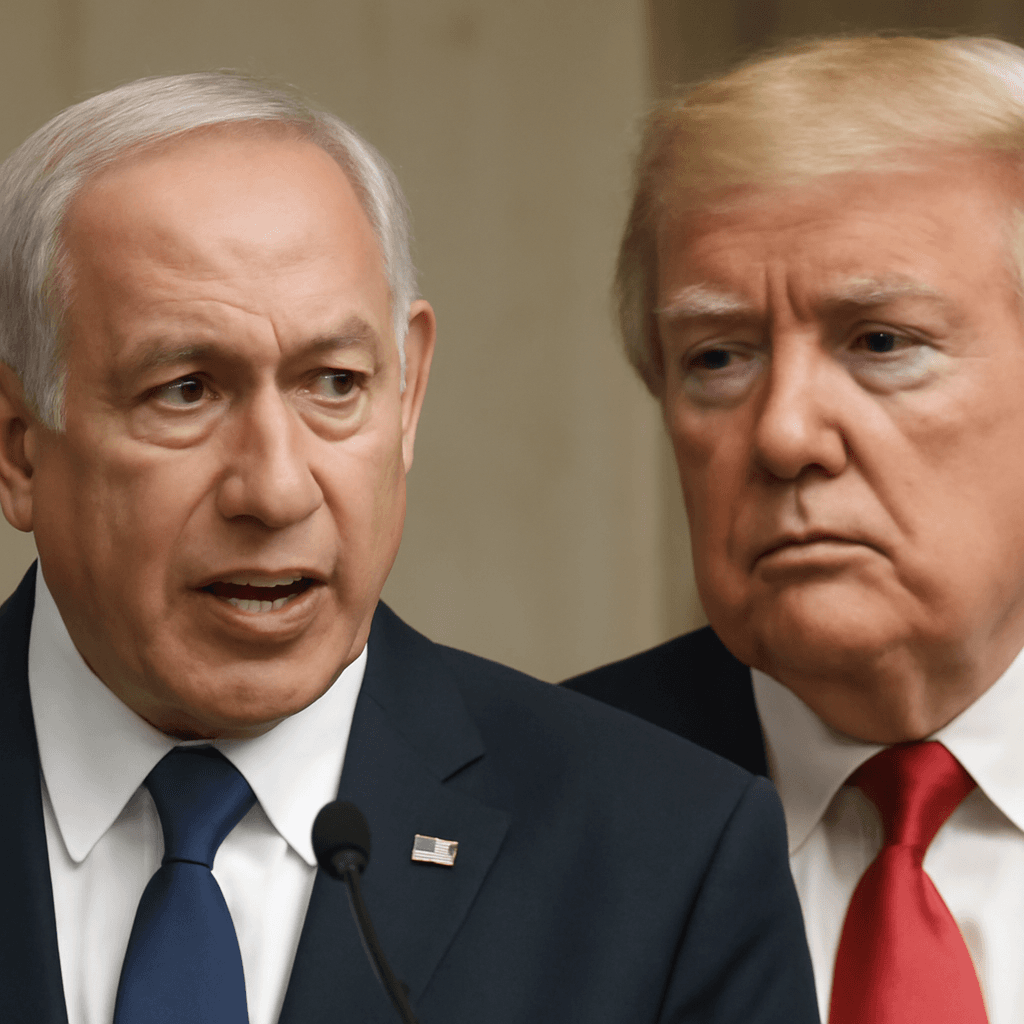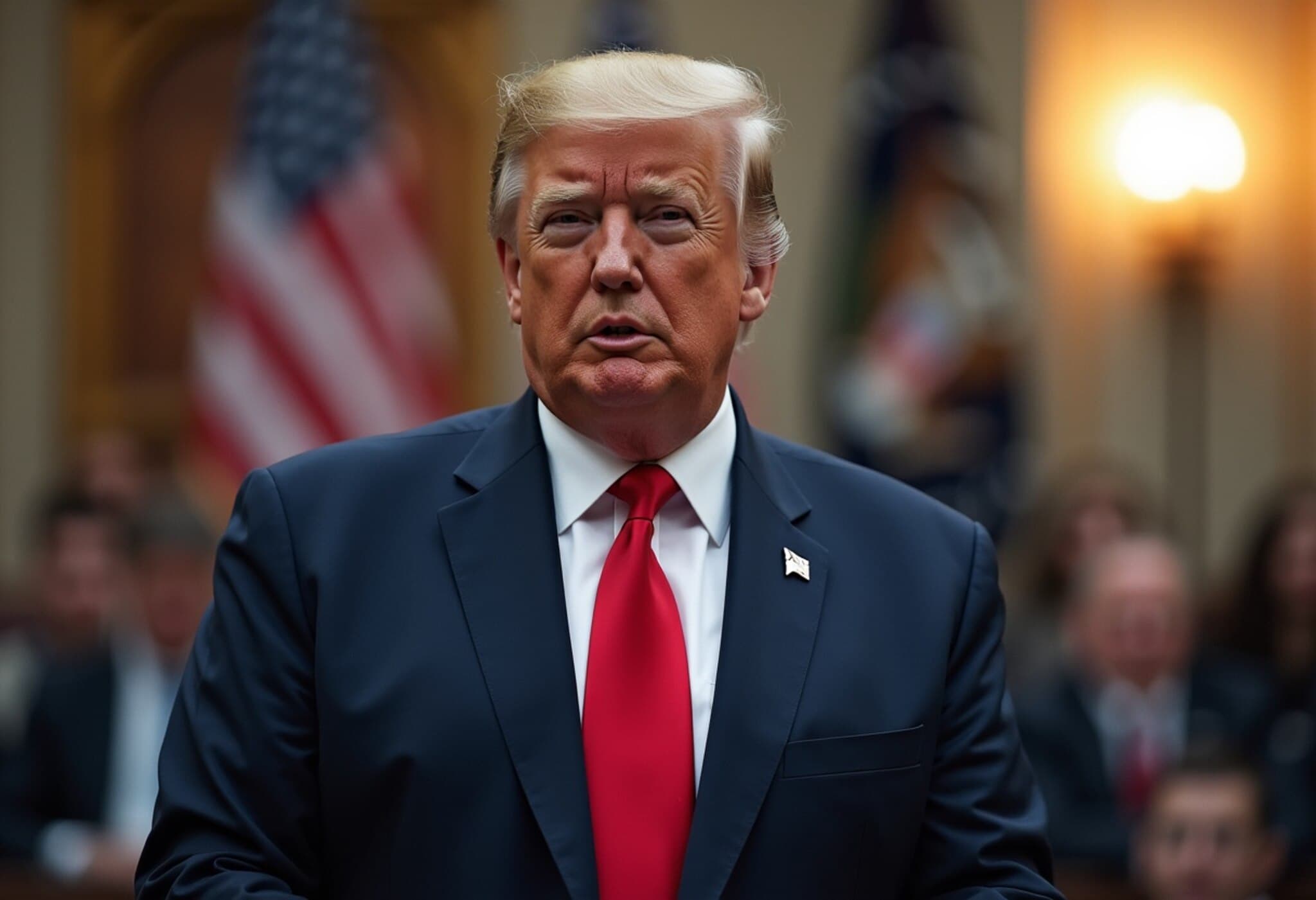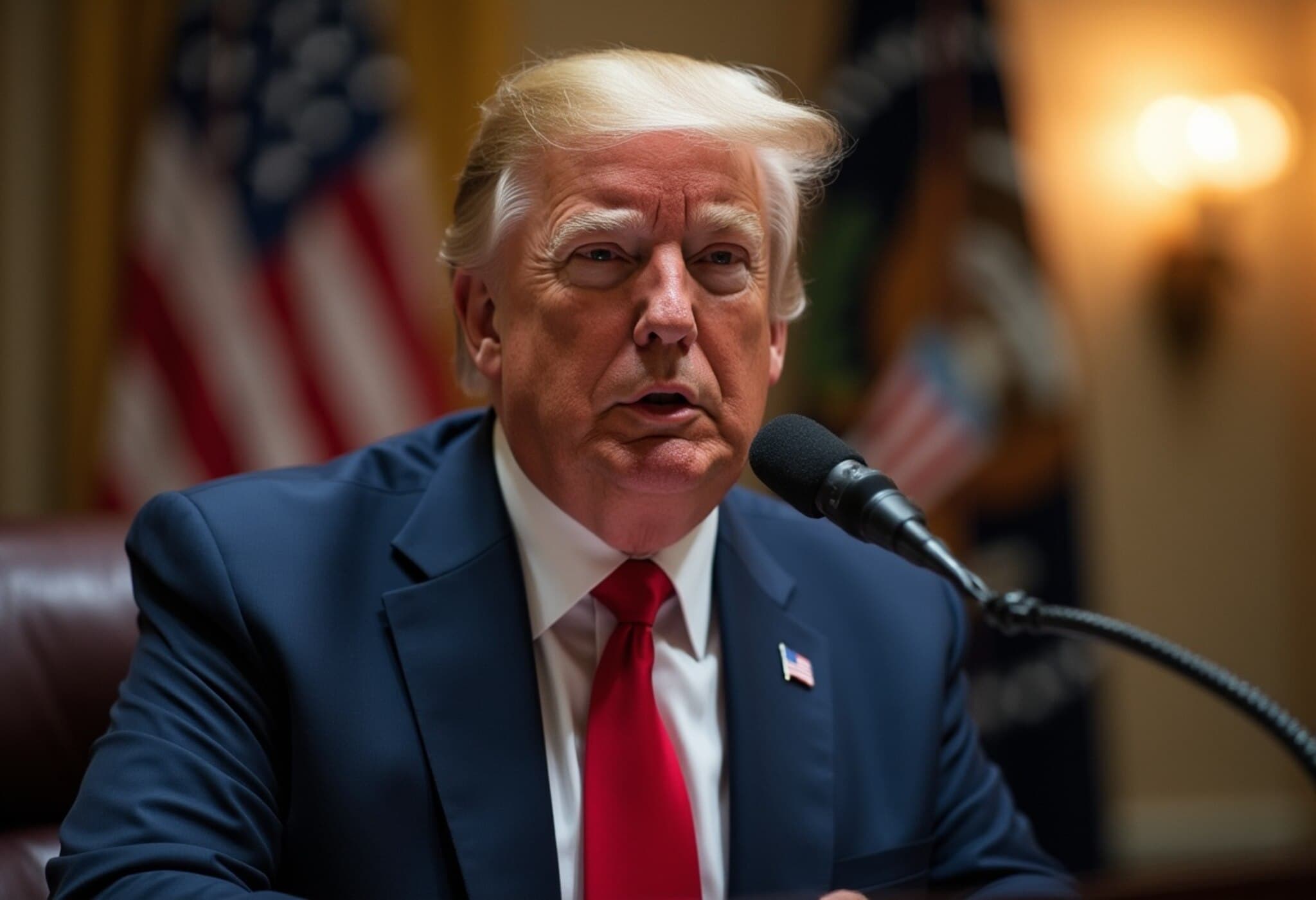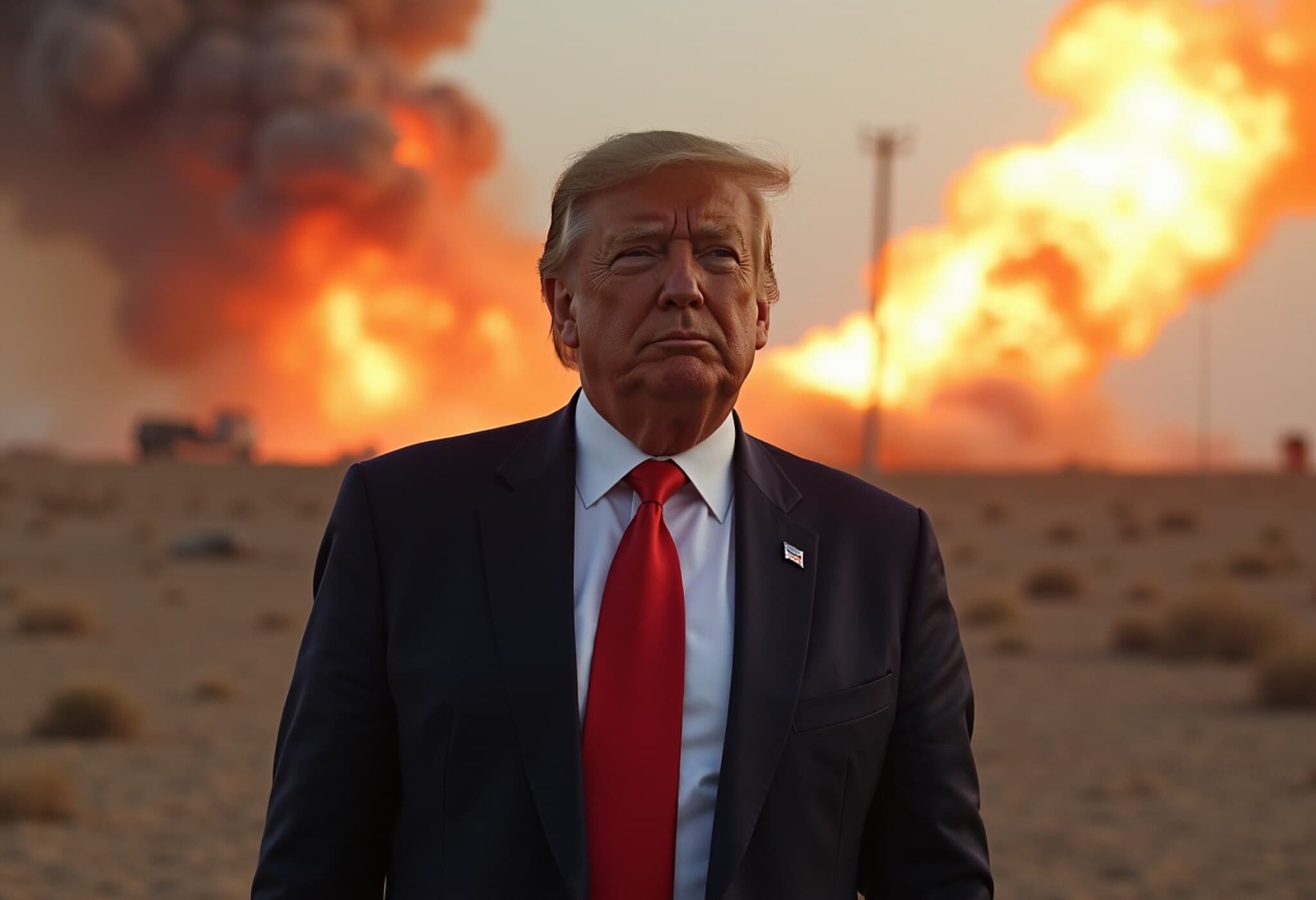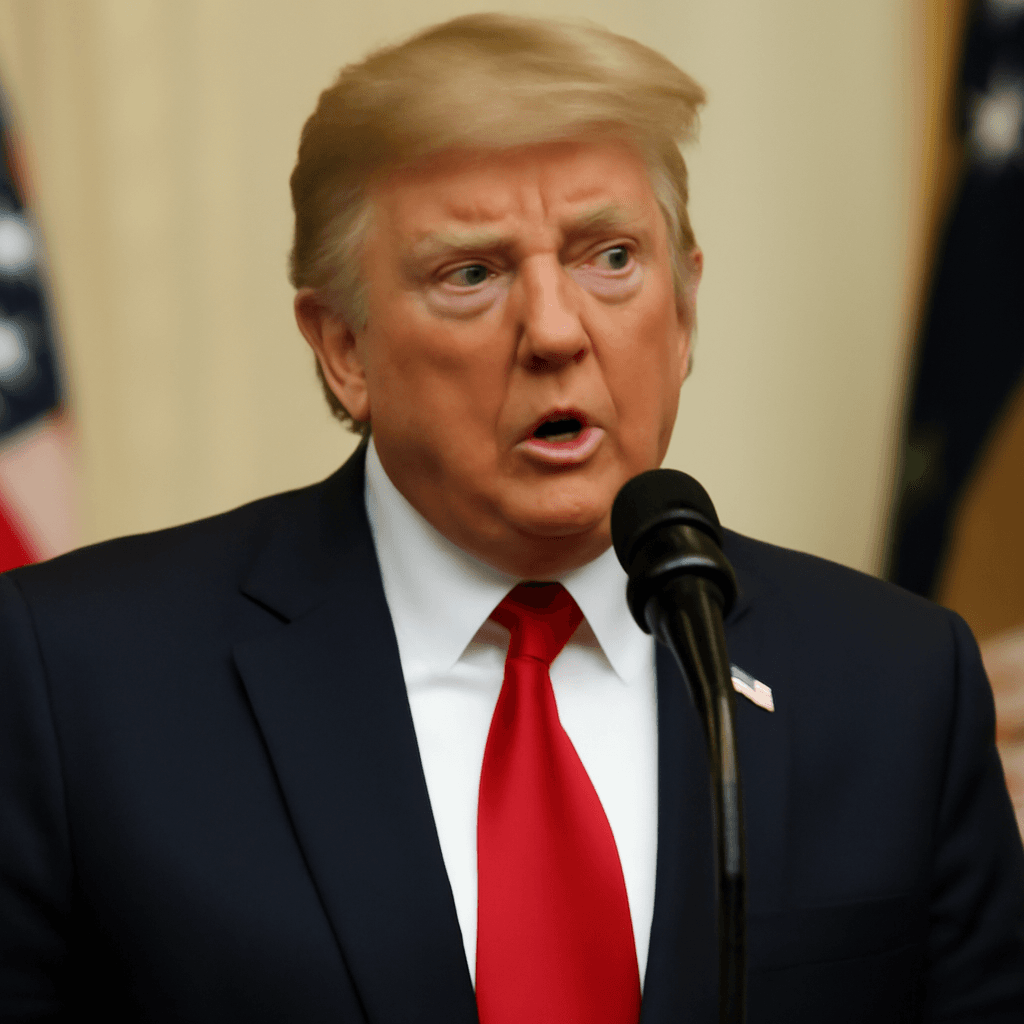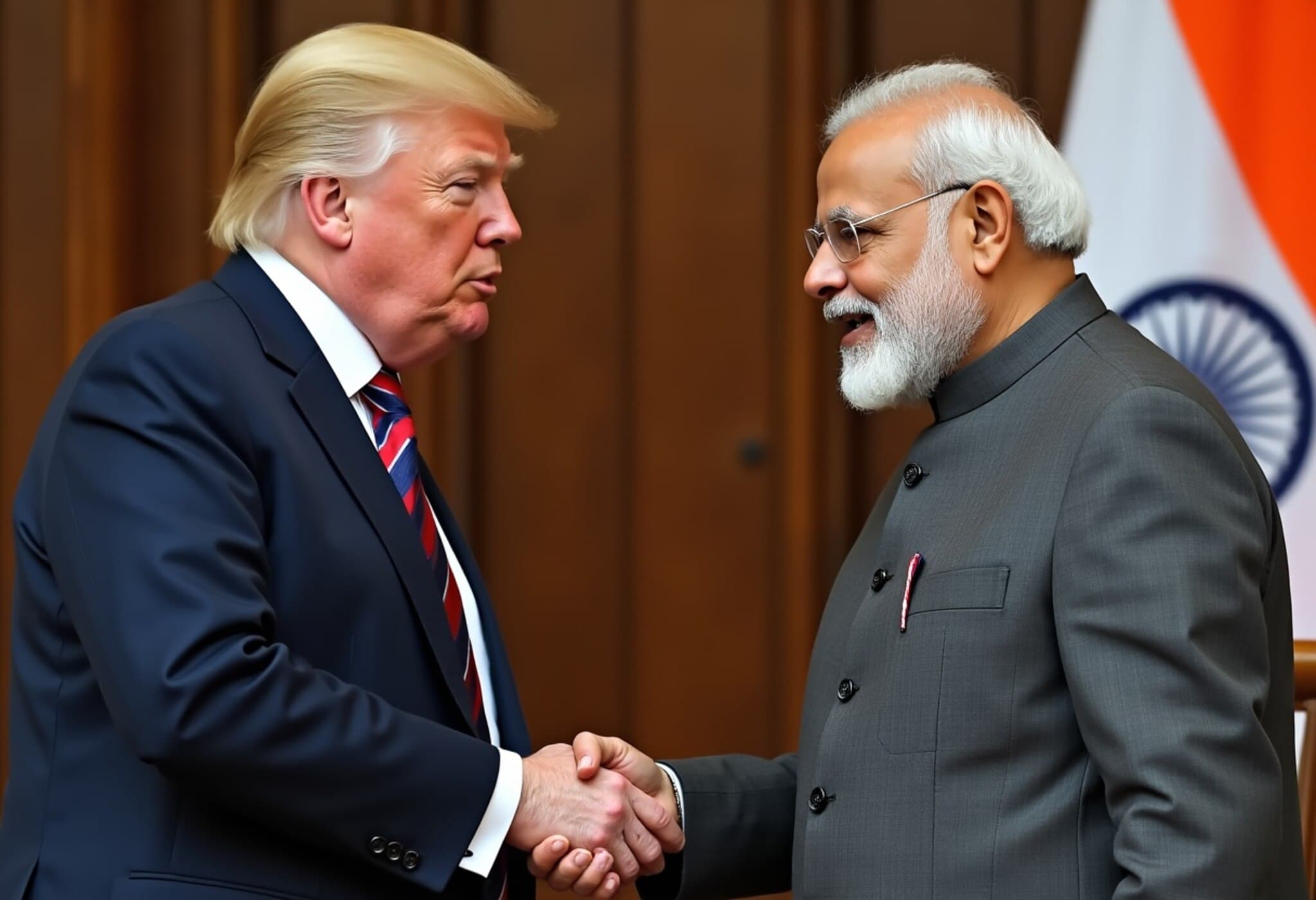Trump to Host Pakistan's Army Chief Asim Munir for White House Lunch
In a surprising diplomatic move, US President Donald Trump is set to host Pakistan's Army Chief, General Asim Munir, for a private lunch at the White House. This meeting, scheduled for Wednesday afternoon, takes place amid escalating tensions in the Middle East, particularly concerning Iran's nuclear ambitions and growing instability in the region.
Unprecedented Meeting Reflects Strategic Calculations
According to official schedules, Trump's invitation to General Munir is a rare gesture. It's uncommon for a US President to hold a luncheon specifically for a foreign military leader without an accompanying explanation. While past Pakistani military leaders—such as Ayub Khan, Zia-ul Haq, and Pervez Musharraf—have met with US Presidents, those occasions typically coincided with their leadership of Pakistan following coups. This time, the meeting appears to signal an implicit recognition of Munir as a key power broker in Pakistan.
Geopolitical Stakes: Monitoring Iran and Pakistan's Position
There is a growing belief that Washington is looking to secure Pakistan’s acquiescence, if not outright support, amid potential US-led strikes on Iran should Tehran refuse to abandon its nuclear program. The US and Israel also aim to isolate Iran within the Islamic world, wary of Pakistan's pivotal regional position.
Pakistan, wrestling with domestic challenges, faces external pressure to limit any support for Iran. This luncheon could also serve as a subtle warning to Pakistani leadership about the repercussions of aligning with Tehran.
Pakistani Leadership’s Contrasting Stance
While the military channel engages directly with Washington, Pakistan’s civilian officials have voiced firm opposition to Israel's actions against Iran. Pakistani Foreign Minister Ishaq Dar condemned the strikes as blatant violations of Iran’s sovereignty and expressed solidarity with the Iranian government and people.
Meanwhile, Defence Minister Khawaja Asif urged Muslim nations to unite against what he termed "Israeli aggression" and called for an emergency Organization of Islamic Cooperation meeting to coordinate responses. He also highlighted concerns about Israel's unacknowledged nuclear arsenal potentially escalating conflict in the region.
Claims by an Iranian general alleging Pakistan’s readiness to retaliate against Israel with nuclear weapons were dismissed by Asif as "fabricated" and "irresponsible."
Pakistan’s Nuclear Past and Murky Alliances
Pakistan’s nuclear trajectory has been complex. Historically, it supported North Korea’s nuclear efforts in exchange for ballistic missile technology and briefly engaged with Iran through clandestine nuclear collaboration led by scientist A.Q. Khan.
General Munir himself is seen as a staunch Islamist, though some Pakistani expatriates in the US, aligned with former Prime Minister Imran Khan’s party, allege he harbors pro-Israel sympathies and backs US-Israel initiatives against Iran. These claims include reports of Munir's association with pro-Israel lobbying groups and influential US allies.
The Role of Sajid Tarar
Sajid Tarar, a Pakistani-American businessman and ardent supporter of Donald Trump, reportedly played a key role in facilitating this high-profile meeting. Tarar, founder of "American Muslims for Trump," has been a regular speaker at Republican conventions and maintains close contacts within Washington circles.
Known for his public endorsements of improved India-Pakistan relations and favorable views of Indian leadership, Tarar hosted a community event for General Munir in Washington, praising the Pakistani diaspora's contributions to their homeland despite controversy over Pakistanis linked to extremist acts globally.
What This Means Going Forward
This unexpected gathering on American soil underscores the intricate and often covert dynamics shaping South Asian and Middle Eastern geopolitics. With Iran's nuclear program looming as a flashpoint and Pakistan's strategic calculations under scrutiny, the White House lunch could be a pivotal moment in aligning stances or sending subtle messages.
How Pakistan navigates its military and civilian leadership’s conflicting positions may prove crucial in the broader US strategy to counter Iran and stabilize a volatile region.

